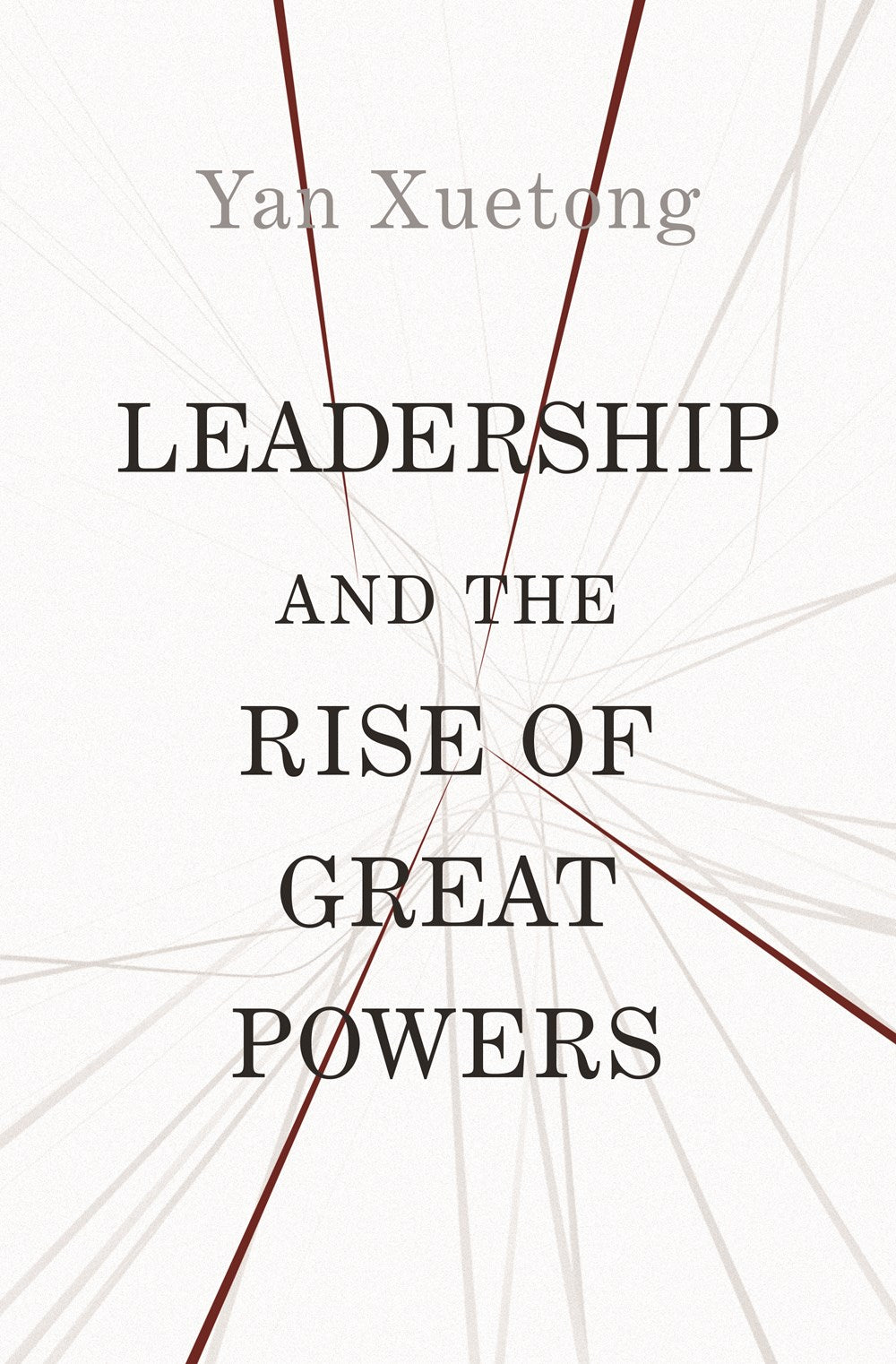Description
Unlock the intricate dynamics of global power with 'Leadership and the Rise of Great Powers'. This influential book, penned by renowned political theorist Yan Xuetong, delves into the pivotal role of political leadership in determining the fate of nations on the world stage. Using a unique framework grounded in classical Chinese political theory, this insightful analysis sheds light on why certain powers ascend while others descend. Discover how China has emerged as a formidable force in international relations, challenging traditional notions of dominance. Xuetong's moral-realist theory emphasizes that the effectiveness of a rising state's leadership plays a crucial role in shaping global power structures. As you explore this essential read, you will gain a fresh perspective on the transformation of international order and the redistribution of global power. Perfect for students, scholars, and policy-makers, 'Leadership and the Rise of Great Powers' provides critical insights into the changing landscape of global influence, making it a must-have addition to the library of anyone keen on understanding foreign policy and international relations. The book also critiques America's position in the world, offering a balanced view of how even stable powers can face the challenges of a shifting world order. Don't miss your opportunity to equip yourself with the knowledge to navigate the complexities of today's geopolitical climate.

